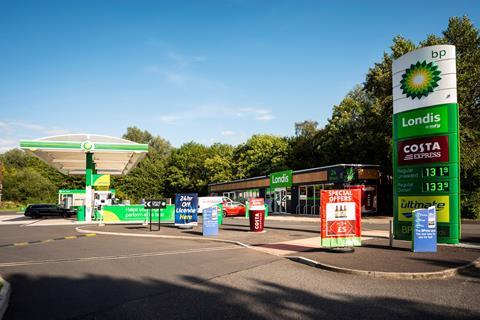
The pandemic cost forecourt giant Motor Fuel Group £1.1bn in sales last year, but profits nevertheless improved as its grocery convenience sales boomed.
Newly filed accounts at Companies House show lockdown measures and the dramatic reduction in travel saw MFG’s 2020 revenues drop from £4.4bn to £3.3bn.
However, MFG said like-for-like growth in non-fuel sales and improved fuel margins compensated for the headline sales slump.
Reported operating profits rose by 16.7% to £249.2m. Normalised EBITDA also rose, to £299.2m from £255.8m in the previous year.
MFG said the improved profitability reflected “changing consumer habits towards local convenience retail, as shoppers tended to head to smaller retail sites”.
The bottom line was also boosted by “careful cost management” and business rates relief.
The group’s expansion plans were hit by the advent of Covid, but it said it would recommence pursuing a “significant pipeline of opportunities” in 2021.
Late in the year, MFG acquired a small filling station network of six stations, bringing its total number to 911.
In order to bolster its liquidity at the high of the first phase of the pandemic, MFG secured an additional, one-year £80m credit facility in April, although it said the need to utilise this capital did not arise.
MFG is owned by Clayton, Dubilier & Rice, the private equity giant that recently failed in an initial bid to acquire Morrisons.
Before the pandemic reports emerged that CD&R was exploring a £3bn sale of the group, which it bought in 2015 and expanded in 2018 via the £1.5bn acquisition of rival forecourt operator MRH in 2018.
In March, MFG outlined plans invest £400m in ultra-rapid electric vehicle charges across its UK network by the end of 2030.







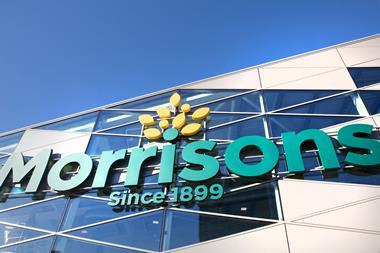
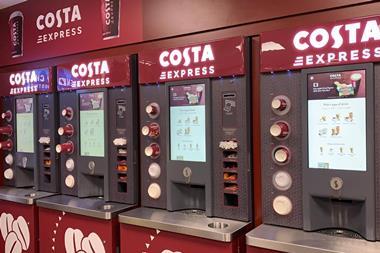
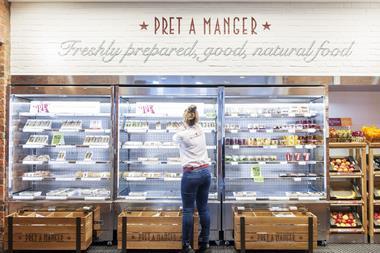
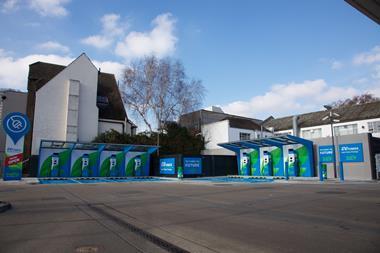
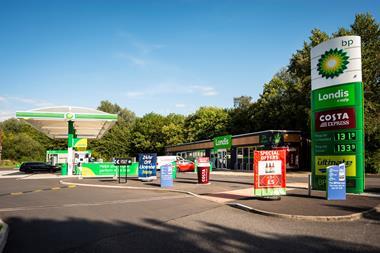







No comments yet